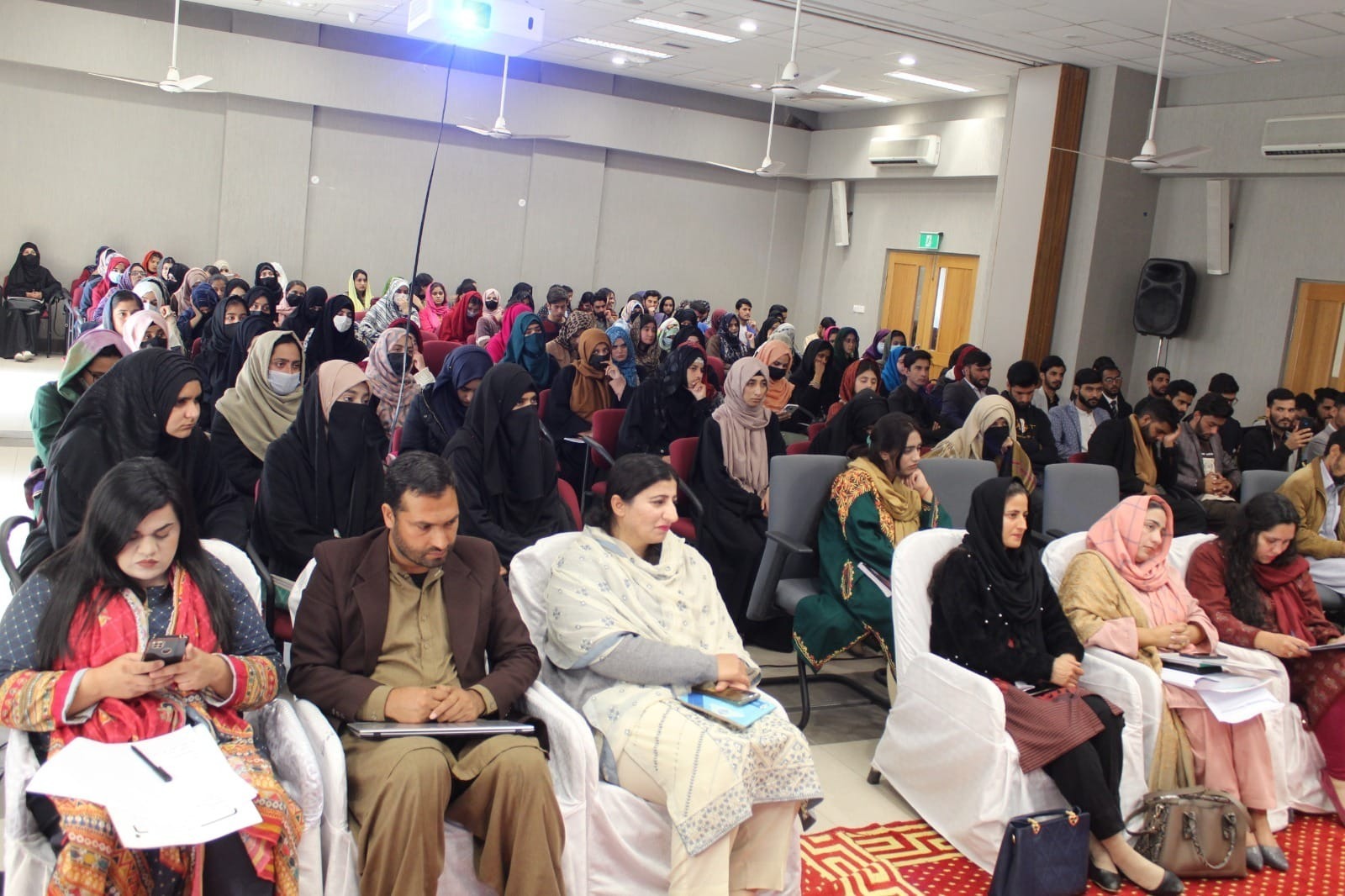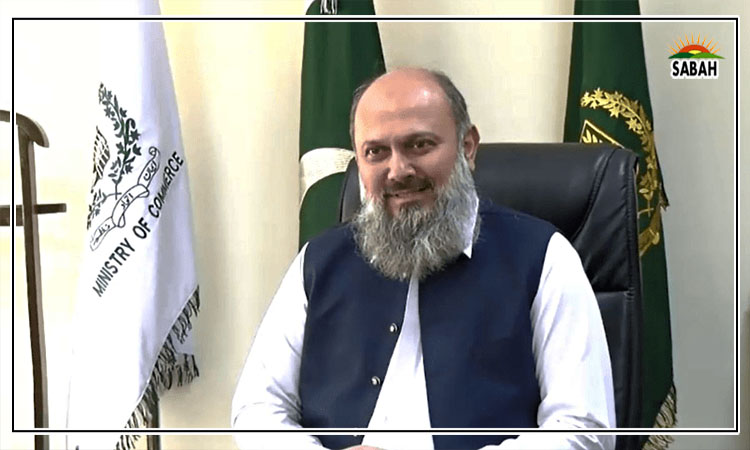University of Azad Jammu & Kashmir, KPRI organize seminar to observe Kashmiri Women’s Resistance Day
MUZAFFARABAD, Feb 23 (SABAH): On Kashmiri Women’s Resistance Day, the Department of Psychology, University of Azad Jammu and Kashmir (UAJK) in collaboration with Kashmir Policy Research Institute (KPRI) organized a seminar that brought together a diverse range of speakers to discuss the experiences and contributions of Kashmiri women in the ongoing struggle for freedom and self-determination in the occupied valley.

According to a press release issued by the Public Relation Department of UAJK, the seminar was graced by several notable speakers, including Ms. Nisaran Abbasi MLA, Dr. Ayesha Sohail Registrar UAJK, Dr. Raja Muhammad Sajjad Khan Director KPRI, Dr. Samina Sabir Khan Chairperson Department of Psychology, Dr. Sumera Shafique Director Institute of Kashmir Studies, Ms. Madeha Shakeel Department of International Relations and others.

The event provided a platform for these experts to share their perspectives, research, and insights on the topic of Kashmiri women’s resistance, as well as to highlight the challenges faced by women in the held territory and the ways in which they have contributed to the ongoing struggle for justice and freedom.

One of the key themes that emerged from the seminar was the importance of recognizing and valuing the contributions of Kashmiri women to the struggle for freedom and self-determination.

The speakers emphasized that while women have often been marginalized in discussions about Kashmiri resistance, they have played a critical role in shaping the movement and advocating for their deprived fundamental rights. From organizing protests and mobilizing support to providing care and support to those affected by violence and oppression, women have been at the forefront of the struggle for justice and freedom in Kashmir.
Another important theme that emerged from the seminar was the challenges faced by Kashmiri women in the context of ongoing conflict and violence by the Indian military and paramilitary forces. Speakers discussed the impact of conflict on women’s physical and mental health, as well as the ways in which gender-based violence is used as a tool of repression and control in the region. They also highlighted the ways in which women are often excluded from decision-making processes and political institutions, further marginalizing their voices and perspectives.
Despite these challenges, however, the seminar also emphasized the resilience and determination of Kashmiri women in the face of oppression and violence. The speakers highlighted the ways in which women have organized and mobilized to advocate for their rights and the rights of their communities, often at great personal risk. They also discussed the importance of creating spaces for women’s voices to be heard, and the need to continue supporting women’s empowerment and leadership in the struggle for justice and freedom in Kashmir.
Overall, the seminar on Kashmiri Women’s Resistance Day was a powerful reminder of the importance of recognizing and valuing the contributions of Kashmiri women to the ongoing struggle for freedom and self-determination in the region. It provided a platform for experts to share their perspectives, research, and insights on this critical topic, and highlighted the challenges and opportunities for advancing women’s rights and empowerment in the context of ongoing conflict and violence.












